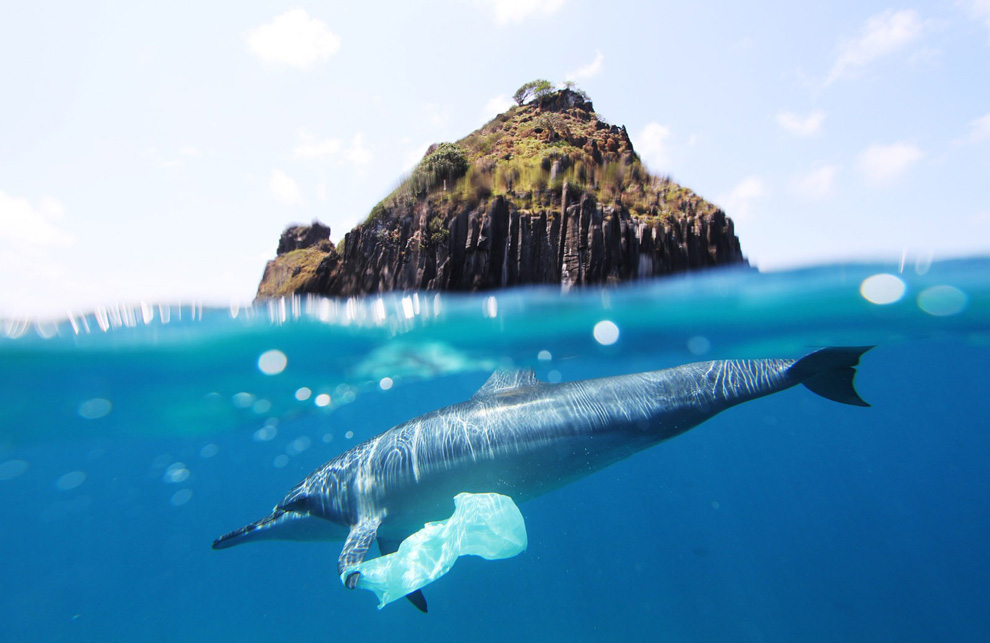Finally – PR & Media Together Are Making The Right Headlines About Climate Crisis
There’s not a day that goes by when we don’t see a climate, environmental or sustainable story making the headlines. I think it is safe to say that these topics are now high on the daily news agenda and it is about time. I have been actively involved working on raising the profile of the issues surrounding climate change, the impact of humans on the plant and sustainability for the last two decades…and during this time it has been a hard PR slog. As till now there has been a lack of apathy with the UK media.
I recall an environmental journalist working on one of the national broadsheets in the 90’s explaining to me his challenge of convincing his news editor to run a climate change story, that I was working on at the time. He said that unless it was directly affecting people here in the UK, it wasn’t a strong story for his editor – a story about climate change in Africa wasn’t going to interest his paper. Well fast-forward to 2019, where we are all experiencing the global butterfly effects of climate change or should I say what has since been upgraded to ‘climate crisis’ and what is happening in Africa, India, Singapore or any other part of the world is now our news.
Recently, The Guardian announced that it was updating its style guide to introduce terms that more accurately describe the environmental crisis facing the world. Where instead of “climate change” the preferred terms are “climate emergency, crisis or breakdown” and “global heating” is favoured over “global warming”, although the original terms are not banned. “We want to ensure that we are being scientifically precise, while also communicating clearly with readers on this very important issue,” said the editor-in-chief, Katharine Viner. “The phrase ‘climate change’, for example, sounds rather passive and gentle when what scientists are talking about is a catastrophe for humanity.”
This news narrative is also being driven by the private sector, as corporations have started to wake up to the long-term implications for their businesses of global warming. Companies, such as Coca-Cola, Google, Apple and Tesla are vocal about climate change and their pursuit of sustainability; and this is also changing PR.
However, some argue that this kind of media reporting creates public fear and that a ‘war on the climate crisis’ is not a positive or a balanced media response.
I say that we have wasted the last twenty years trying to put this issue on the news agenda in order to raise public awareness about the state of the climate, an issue that affects us all. We are now at a tipping point and according to the eminent, Sir David Attenborough we only have ten years to make the planetary changes that we need to survive.
At last the PR and media industry are together making the right headlines about climate crisis. It’s a start. We need consistency across all media channels. The clock is ticking.

